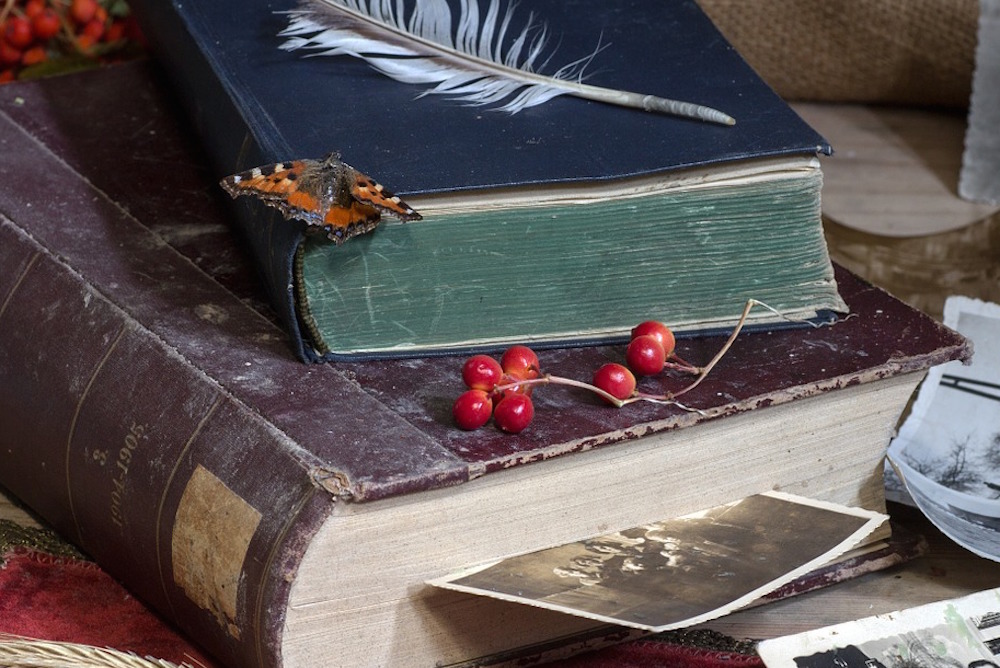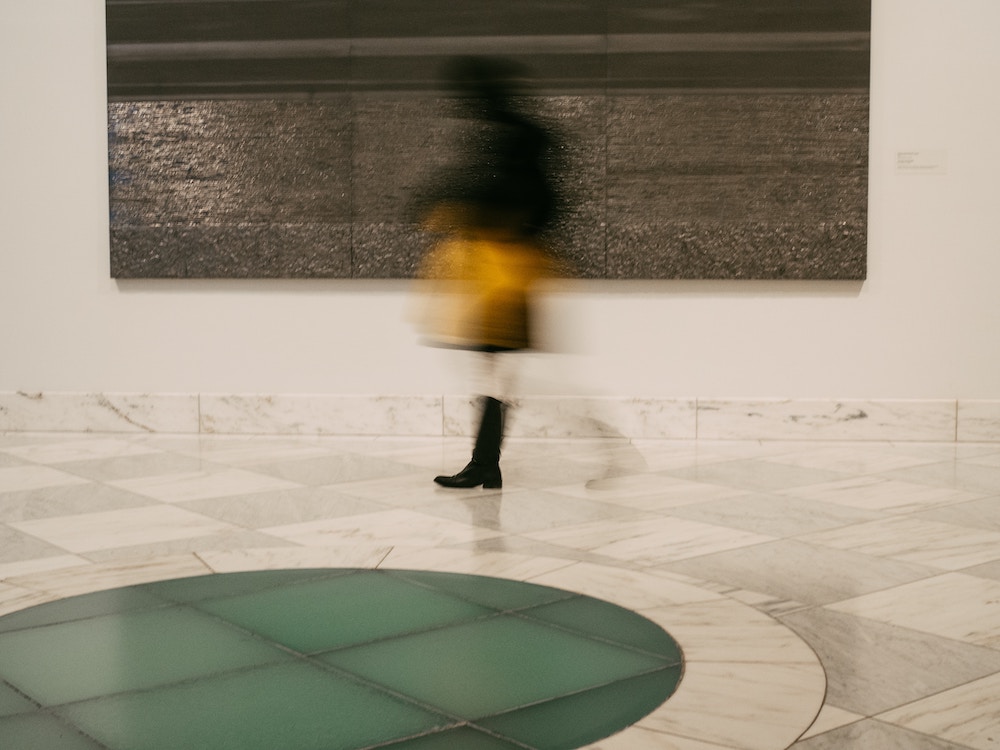essays
My Book Comes Out Next Year. Do I Even Still Believe in Next Year?
How do we keep creating and doing our jobs when the future is so uncertain?

I know I’m not the only writer to be afraid I might die before my book is published. When I was still drafting, there was a quiet fear lurking in the back of my mind that I’d be hit by a bus and never get to finish it—or worse, that an unfinished version would circulate. Then, once I finished the book and entered the pre-publication process, I put a very clearly labeled final draft on my computer desktop, just in case something happened to me and my family decided to publish the book posthumously. But now, instead of being afraid that I won’t survive until my book comes out next year… I’m afraid the world won’t.
It felt like we could reach a tipping point and descend into chaos at any moment—and now it feels like we have.
Even before coronavirus hit, the future felt uncertain. It felt like we were on the brink of climate disaster on a scale that could no longer be denied, like a Trump reelection (or refusal to hand over power after defeat) might plunge the country into violent civil unrest. It felt like we could reach a tipping point and descend into chaos at any moment—and now it feels like we have.
The best way I’ve come up with to manage my anxiety and horror at the state of the world is to focus on today. What can I do today to make the world a little better, and to keep myself going? Little things like phone banking for a political candidate I believe in, donating to mutual aid funds, and stepping away from the internet to read a book. Looking at the enormity of climate change or the election or coronavirus all at once is too much, so I focus on today.
But publishing a book is all about planning ahead. The book I worked on for a decade is coming out in May 2021—supposedly. That’s not so far away, but some days I’m not sure we’ll make it that far. I have several spreadsheets to keep track of things like where I want to go on book tour, or which publications I want to send copies for review. But sometimes when I fill in the cells on those spreadsheets, it feels like I might as well be playing the Sims—organizing the little details of a life that will never be real. Who knows what the world will look like by May 2021? Will any of the bookstores I’m hoping to read at still be open? And even if they are, will anyone still be buying books, or will we be fighting each other for rations?
Of course, the fate of my book is far from the most important thing at stake right now—but it’s the thing that forces me to look beyond today and decide whether or not I believe in the future.
Will anyone still be buying books, or will we be fighting each other for rations?
When I was a teenager, I latched onto the supposed Mayan prediction that the world was going to end in 2012, and used it as part of my rationalization for dropping out of high school. I was 14 in 2002, and I figured that if the world was going to end when I was 24, there was no point in wasting the few short years I had on earth going to class or doing homework. The idea of an apocalypse, an end date, was freeing. I don’t know how much I actually believed the world was going to end, but what mattered was that I had decided to believe it. I used it as a slightly more tangible manifestation of how uncertain the future felt, prophesy or no. I could die at any moment—would I rather spend my last hours doing geometry homework, or in a mosh pit? The answer was easy.
This fatalist approach to the end of the world was liberating when I was a depressed teenager full of pent-up rage and self-loathing, just learning how unfair the world really is. I welcomed an excuse to avoid planning for a future I wasn’t sure I wanted, or would ever reach either way.
But then, of course, the world didn’t end in 2012. Just like it didn’t end in 2000 after all of the Y2K panic. So now, as much as part of me is sure we’re headed for the end this time, for real, another part of me is sure that this too shall pass, just like all the other times throughout history that humans have been convinced the end was nigh. Sure, I could throw my hands up now, stop planning for the future, not bother to plan a book tour or meet my deadlines or water my plants because what’s even the point. But then where would I be if somehow, the world doesn’t end this time, either?
When I survived my teen years, I had to seriously readjust my thinking. I’d believed for so long that the world was going to end—and that even if it didn’t, I’d probably die anyway. But then I found myself still standing, and the world still turning, and I had to adjust course. I got a GED and applied to college, and allowed myself to imagine for the very first time what kind of adult I wanted to be, planning for a future in rush, like showing up on test day after missing a semester of preparation. I remember that feeling of being caught off guard, of being surprised that I had survived, and having to scramble to lay bricks head of myself as I walked a path I’d never expected to make it so far down. I don’t want to be surprised again, which leads me to a self-protective kind of optimism.
I could throw my hands up and stop planning for the future. But then where would I be if somehow, the world doesn’t end this time, either?
No matter how easy it is to believe that a year from now we might be living in a completely different world—one where we’re reeling from mass casualties on a scale we haven’t seen since WWII; where the economy has completely tanked and small businesses never recovered from the corona fallout; where Trump has taken advantage of the chaos to declare himself king; where our feeble attempts to find a new normal are washed away in thousand-year floods happening every week… I have to remind myself that the possibility of everything ending up okay is no more outlandish than any worst-case scenario I can conjure. If I can imagine a post-apocalyptic wasteland, I tell myself, I should also be able to imagine something like stability.
And so, I come back to the idea that all I can control is today. Today I will video chat with my quarantined loved ones, I will cook and freeze a huge batch of soup, and I will revise the flap copy for my book and try to imagine May, 2021 as a reality.








